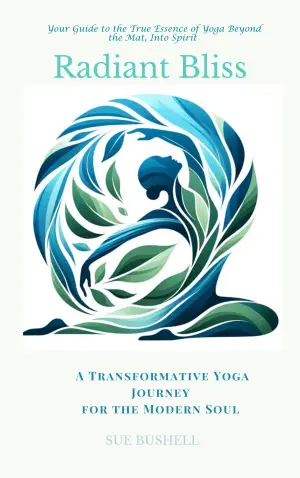Scythe by Neal Shusterman: A Journey Through Mortality and Humanity
Every once in a while, a book comes along that throws me completely off balance, and Scythe, the inaugural installment in Neal Shusterman’s Arc of a Scythe series, has certainly done just that. The premise was intriguing enough—what if death was no longer a part of life?—but I had no idea how deeply invested I would become. With its sharp character arcs and philosophical musings on mortality, this gripping narrative captured my thoughts and emotions in a whirlwind I didn’t see coming.
From the moment I stepped into Shusterman’s world—a society freed from death, where scythes are the only remaining agents of mortality—I was hooked. The dark yet thought-provoking themes around empathy and the human experience absolutely mesmerized me. As one character poignantly states, “My greatest wish for humanity is not for peace or comfort or joy. It is that we all still die a little inside every time we witness the death of another.” This quote resonated with me long after I turned the final page, encapsulating the essence of what it means to truly live.
Citra Terranova and Rowan Damisch are beautifully fleshed-out characters, forged in a world of moral ambiguity. Citra, strong-willed and curious, embodies compassion, always questioning the ethics surrounding her role. Rowan, on the other hand, is burdened with the weight of choice, struggling against the monstrous path laid out for him by his mentor, the detestable Scythe Goddard. My heart raced as I followed their twisted destinies—two friends turned adversaries in a brutal game where the stakes were nothing less than their souls.
What truly sets Shusterman’s writing apart for me is his ability to weave dense philosophical questions into a fast-paced storyline. The pacing kept me engulfed, and the shifts between action, introspection, and plot twists were exhilarating. I often found myself shouting, “WHAT?! NO!! THIS CAN’T BE TRUE!” as my emotions rode a rollercoaster of reactions, from disbelief to heartbreak.
One of the highlights that lingered with me was Citra’s steady realization that the world is not simply black and white. The layers of gray she unfolds—much like the complexity of human emotion—kept me thinking even after I’d closed the book. The characters, notably Scythe Faraday and Scythe Curie, represent varied shades of morality, raising questions that made me ponder what it means to "glean" and the essence of human compassion.
Ultimately, Scythe is not just a story; it’s a philosophical exploration inviting readers to grapple with heavy concepts of mortality and morality. I believe this book will appeal to fans of speculative fiction who thrive on thought-provoking narratives that challenge our conceptions of life and death, like those in The Hunger Games or Divergent series.
In conclusion, reading Scythe has been a transformative experience for me. It forces you to reflect and reconsider your views on empathy, society, and what it means to truly live. If you’re looking for a gripping read that ignites your mind long after you’ve finished, I cannot recommend this book highly enough. It’s a journey worth taking—a compelling ride through the darkest aspects of a seemingly serene world, leaving readers a little shaken and deeply reflective.
Discover more about Scythe (Arc of a Scythe, #1) on GoodReads >>












